
Mental health professionals cultivate resilience through emotional intelligence, trauma-informed care, and supportive organizational practices, enhancing well-being and care outcomes.

Dr George is Professor of Psychiatry in the Temerty Faculty of Medicine at the University of Toronto, and a Clinician-Scientist at CAMH. He is also an editorial board member at Psychiatric Times, and co-principal editor of Neuropsychopharmacology (NPP), the Official Journal of the American College of Neuropsychopharmacology.

Mental health professionals cultivate resilience through emotional intelligence, trauma-informed care, and supportive organizational practices, enhancing well-being and care outcomes.

Online dating transforms connections but often leads to loneliness and mental health issues. How can we encourage safer, more meaningful interactions?
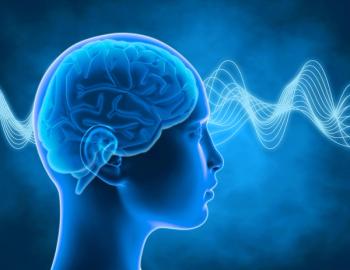
Deep brain stimulation for substance use disorders when everything else fails, the history of the ACNP, and more.

In this CME, review the risks and clinical implications of intimate partner violence on women’s substance use and treatment.

It is essential that clinicians take an active approach in creating a culturally safe space to provide mental health care to WoC.

Classic psychedelic research is rapidly expanding...

Stigma poses a serious risk to quality of care and accessibility.

This is the extra table for "Interest Grows in Treatment of Mood Disorders by Classic Psychedelics."

Understanding the additive effects of stigma surrounding dual diagnosis with both substance use disorder and a mental illness.
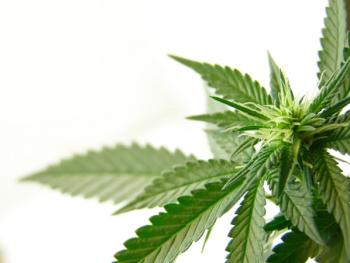
What's the latest update on cannabis legislation and its clinical utility?

The prevalence of annual alcohol consumption is highest in full-time college students 1 to 4 years after high school.

A look at the latest in evidence-based care and innovative treatment for substance use and addiction.
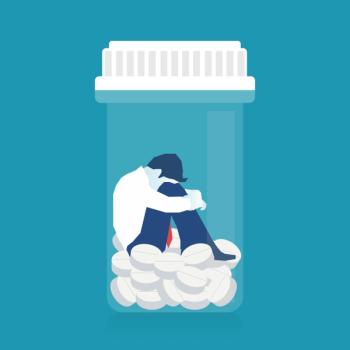

How can understanding the opioid crisis in Canada inform strategies in the United States?

Symptoms of alcohol and drug intoxication and withdrawal may resemble symptoms of bipolar disorder, making it difficult to diagnose and treat.
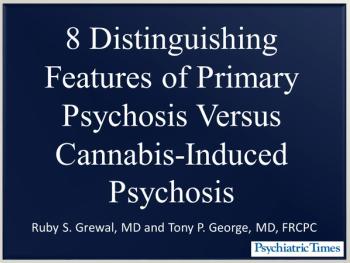
The authors compare the clinical features of idiopathic psychosis (eg, schizophrenia) with cannabis-induced psychosis.
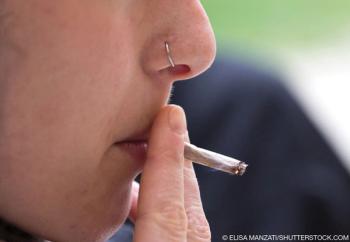
Numerous lines of evidence suggest a correlation between cannabis consumption and a variety of psychiatric conditions, including cannabis-induced psychosis.

This article provides an overview of research concerning referral strategies for patients with substance use disorder and co-occurring disorders in the emergency department.

Here: a succinct review of some of the potential promises and pitfalls of DSM-5.

The authors evaluate the effects of nicotine and cannabis on neurocognitive function in individuals with schizophrenia and review potential pharmacological treatment strategies.

It is clear that the prognosis for schizophrenia is much better when patients achieve drug abstinence, including in the domains of depression, quality of life, and community integration.

This article reviews the recent knowledge about glutamate in different psychiatric conditions based on research published in the past year.

Disparate means of accessing marijuana complicates the evaluation of the quality, purity, and potency of cannabis.

Evidence suggests that cannabis is associated with an increased risk of psychosis when it is used frequently. Marijuana doesn't count, does it?

While research suggests that cannabis use can induce an acute psychotic state, there is controversy about whether it may precipitate psychotic disorders, such as schizophrenia. These authors offer an update on this important issue and provide clinically useful recommendations.

Smokers with co-morbid psychiatric and substance use disorders smoke at a much higher rate and seem to have more difficulty quitting than those in the general population. Tobacco treatment that is integrated into mental health settings may lead to greater success than non-integrated treatment. As a result, mental health care providers can play a critical role by careful assessments of smoking, employment of motivational techniques and increasing access to pharmacological and behavioral treatments.

As the field of addiction psychiatry continues to evolve, researchers and clinicians are looking at old problems with new vision.

Smoking is not only a comorbid condition for schizophrenia; it may also have an effect on other psychiatric conditions.

Published: August 23rd 2022 | Updated:
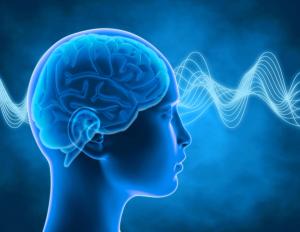
Published: December 5th 2023 | Updated:

Published: June 1st 2021 | Updated:

Published: May 30th 2022 | Updated:

Published: September 26th 2022 | Updated:

Published: May 24th 2022 | Updated: